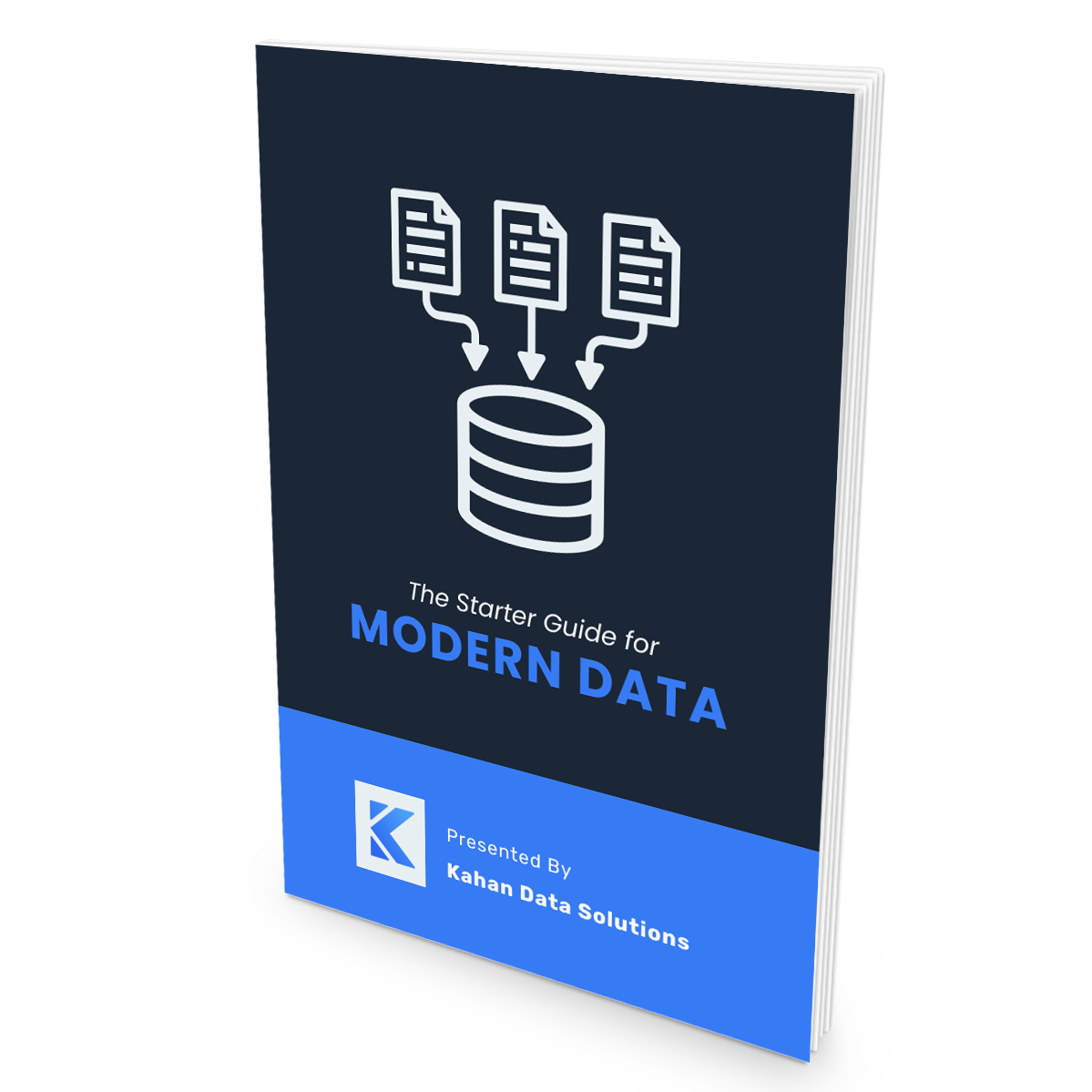
#016: How to Turn Bad Code Into Respect
Oct 22, 2022One day you will deploy a breaking change.
Yet many engineers will try to avoid responsibility.
But those who step up and solve problems are most respected.
Today, I want to share how to recover from errors & earn respect by:
- Taking responsibility
- Providing a clear action plan
- Over-communicating status updates
Taking responsibility fast-tracks solutions.
It’s easy to pass blame or get defensive.
This may satisfy your ego, but won’t fix things any sooner.
Instead, publicly take responsibility.
It stops the blame-game, puts you in control and inspires action.
Example: Send an email to key stakeholders and own up.
Providing a clear action plan buys you time.
Not all issues are created equal.
It can be difficult to explain what happened or how long to fix.
Regardless, always communicate next steps, even if at a high-level.
This shows it’s under control and gives you time to investigate.
Example: Say you will: Look into {component}, Re-test and Follow-up.
Over-communicating keeps everyone calm.
Think about any support ticket you’ve ever had.
Even when not ideal, any update is always better than silence.
Why not take this approach with code issues?
Stakeholders can update their users, which means less stress towards you.
Example: Provide a status update at least 2x/day until resolved.
Nobody purposely deploys errors, but how you respond matters.
Next time, remember to take responsibility, provide a plan and over-communicate.
Join Simple Stack Academy
Learn How To Design & Build Modern Data Architectures With Confidence
Get access to hands-on training courses, production-ready resources and a private community to help you take the next step in your data journey.
